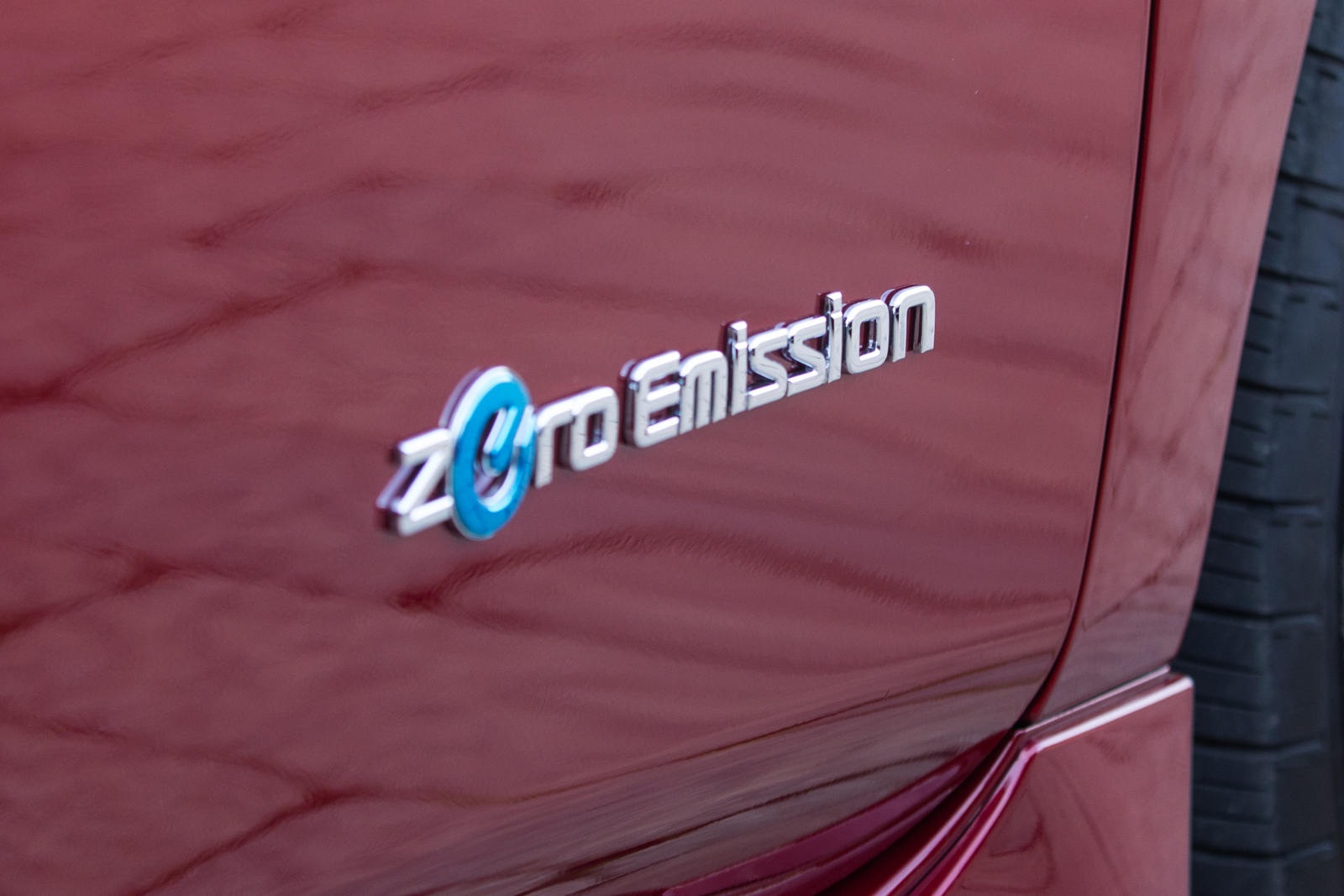Electrical vehicles are vehicles that are powered using electricity, also referred to as EVs. There are two types of EVs, battery-powered EVs or plug-in hybrids. Battery-powered EVs operate using rechargeable batteries and do not burn fossil fuels. Plug-in hybrid vehicles use a combination of diesel or petrol and electric power. EVs are slowly gaining popularity, but when will they become our ‘main type of vehicle.’ We partnered with Round Trip Tyres to find out.
Why are electrical vehicles becoming more popular?
Electric vehicles are gradually becoming more popular and this is because there are plenty of benefits to owning one.
- EVs are greener vehicles: Electric vehicles are greener because they don’t rely on an exhaust system, and therefore have zero emissions. (Hybrids combine regular engines and electric power, so produce less emissions.)
- Renewable option: EVs can get their power from renewable resources including water power, wind, or solar power.
- Tax reductions: According to Fleet News ‘company car drivers choosing a pure electric vehicle will pay no benefit-in-kind (BIK) tax in 2020/21.’
- Easy to maintain: Electric cars are considered easier to maintain, and they are also less expensive to run.
- Quieter vehicles: Many drivers prefer driving an electric vehicle as these are quieter to drive. A less noisy vehicle makes for a relaxing and comfortable drive.
When will EVs become more popular than petrol or diesel cars?
Statista recently reported that ‘Hybrid and plug-in electric vehicles are tipped to account for over 10 percent of car registrations in the United Kingdom in 2020.’ Though the market is growing, there’s still a long way to go before EVs become more popular than petrol or diesel cars. Despite this, several organisations and research studies have made the following predictions:
- According to Forbes, it’s estimated that ‘EVs hit 10% of global passenger vehicle sales by 2025, rising to 28% in 2030 and 58% in 2040.’
- Data from Deloitte Insights indicated that ‘Total EV sales will grow from 2.5 million in 2020 to 11.2 million in 2025, then reaching 31.1 million by 2030. EVs would secure approximately 32 per cent of the total market share for new car sales.’
- Castrol interviewed buyers to assess the demand for electric vehicles, their data suggested that ‘it will be 2024 before the average global car buyer will start to consider buying an EV.’
- Using survey data, and info from its online platform, Auto Trader have estimated that EV sales may overtake combustion engine sales by the year 2025.
As we can see from the data, there’s some debate about exactly when EV cars will outsell regular vehicles. The most optimistic predictions suggest that we could see EV sales take the lead by the year 2025!
What are the challenges in the electric vehicle market?
Electrical vehicles have plenty of benefits, so why aren’t we seeing faster progress in the EV market? The fact is there are several challenges to overcome, including:
- A more limited driving range: Electric vehicles tend to have a more limited driving range compared to standard vehicles. According to Earth911, ‘The range on the 2020 Nissan Leaf is 150 miles, and the Tesla Model is up to 370 miles. Although this is conducive to in-town driving, it can present challenges on longer drives or in colder weather. ‘
- Charging Time: Charging when at work or at home is probably the most convenient option. If you’re charging when you’re out and about, this may not be so convenient. It can take at least 1-2 hours to charge a battery, using a supercharger.
- Higher Upfront Payment: EVs tend to be pretty expensive, though it’s predicted that the prices will become more affordable over time. According to Industry Week, ‘Research from Bloomberg New Energy Finance indicates that falling battery costs will mean electric vehicles will also be cheaper to buy in the U.S. and Europe as soon as 2025.’
Who are the key players in the electric car movement?
Many of the world’s biggest automotive dealers have announced their plans for EVs. Toyota has stated that they aim to generate half of their sales from EVs by 2025.
According to Business Insider, ‘Volkswagen said it will spend more than $30 billion developing EVs by 2023.’ Other big brands with ambitious EV plans include Ford, General Motors, and Volvo.
As technology develops further, we can expect improvements to EVs, ensuring that they are more convenient and more affordable for the average driver. One thing is for sure the EV market has a promising future.


